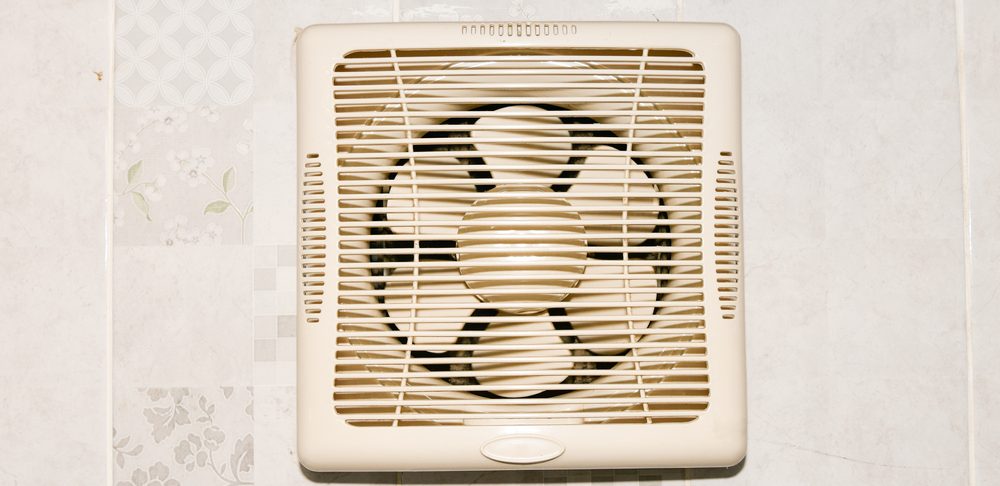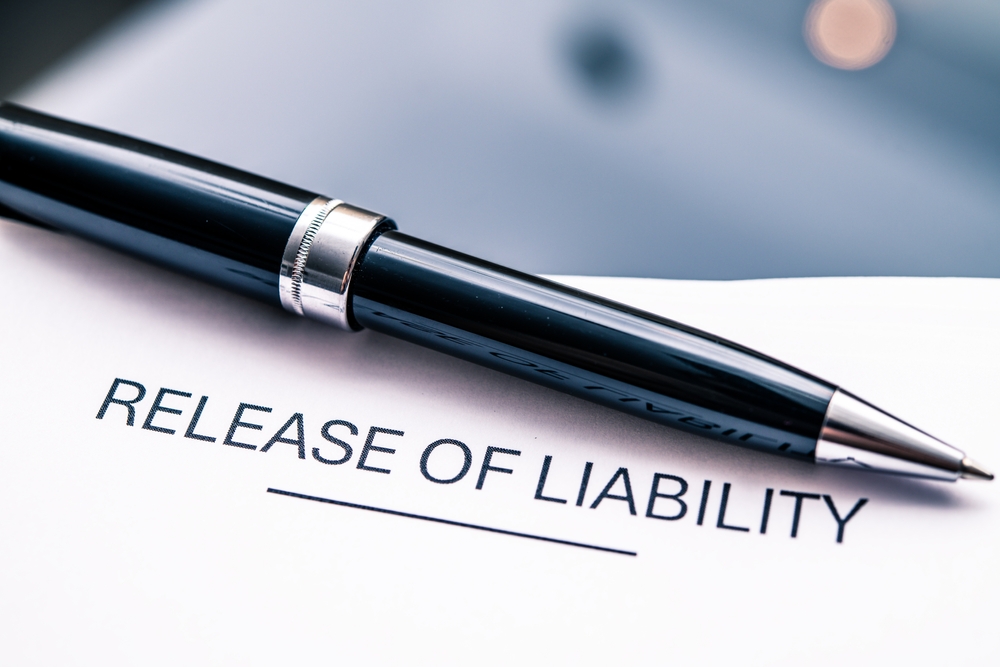When pursing your subrogation claims in litigation, your discovery strategy and establishment of the evidence must include rebuttals to asserted affirmative defenses, including, if applicable, a presumptive statute of repose for products.
Case in point, the United States District Court for the Western District of Washington recently granted summary judgment in favor of Broan-Nutone, LLC (“Broan”), determining that the relevant 12-year presumptive statute of repose for products barred this product claim arising from an allegedly defective ceiling ventilation fan.
Allstate Indemnity Company v. Broan Nutone LLC, 2025 WL 691629 (W.D. Wash.) involved a fire that occurred on April 18, 2022, at the home of Charlotte Frankele (“Insured”) in Gig Harbor Washington. Following the fire, the Insured’s carrier (“Carrier”) conducted an origin and cause investigation, determining the fire originated in the laundry room, with fire damage “localized to the ventilation fan and additional fire damage on various items located below the ventilation fan.” Carrier determined the ventilation fan was manufactured by Broan and was installed during construction of the home in 2001. The manufacturing markings on the fan confirmed a date of manufacture in June 2001.
Carrier filed a product liability action in state court on June 5, 2023, which was removed to the United States District Court for the Western District of Washington on July 13, 2023. Broan filed its answer on July 19, 2023, asserting a number of affirmative defenses—including that “Plaintiff’s claims may be barred, in whole or in part, by the applicable statute of repose, including RCW 7.72.060.” RCW 7.72, also known as the Washington Product Liability Act (“WPLA”) governs product liability actions in Washington. The WPLA statute of repose provision is found in RCW 7.72.060, below:
(1) Useful safe life…. a product seller shall not be subject to liability to a claimant for harm under this chapter if the product seller proves by a preponderance of the evidence that the harm was caused after the product’s “useful safe life” had expired.
“Useful safe life” begins at the time of delivery of the product and extends for the time during which the product would normally be likely to perform or be stored in a safe manner…
(2) Presumption regarding useful safe life. If the harm was caused more than twelve years after the time of delivery, a presumption arises that the harm was caused after the useful safe life had expired. This presumption may only be rebutted by a preponderance of the evidence.
(emphasis added).
During discovery, Carrier did not serve any written discovery on Broan related to the useful safe life, did not request depositions of Broan’s corporate representatives or experts, and otherwise did not engage in any discovery regarding the useful safe life of the fan. Carrier disclosed three experts: its origin and cause investigator, its electrical engineer, and a metallurgist. None of the disclosures contained any opinions related to the useful safe life of the fan, and Broan did not ask any of the experts if they had any opinions related to the useful safe life during any depositions.
Following the close of discovery, Broan filed a motion for summary judgment arguing that Carrier’s claims were barred by the presumptive 12-year statute of repose, as Carrier had not presented any evidence to establish that the fan was otherwise within its useful safe life.
The court agreed that since the fan was 21 years old at the time of the fire, Carrier was required to present evidence that the fan’s useful safe life was at least 21 years to overcome the presumptive 12-year repose period. Because “[n]one of the expert opinions, declarations, or deposition transcripts discuss the safe life of the fan at issue” the court determined Carrier had failed to meet its burden and overcome the presumption and applied the 12-year statute of repose to the subject fan, awarding summary judgment in favor of Broan.
Subrogation professionals must always be intimately familiar with statute of repose in the relevant jurisdiction. If the statute contains a presumption that must be overcome with affirmative evidence, you must make sure that you tailor your discovery requests and expert opinions to provide a basis to meet the burden to overcome the presumption. Failure to adhere to such requirements could result in the failure of your subrogation claim.






